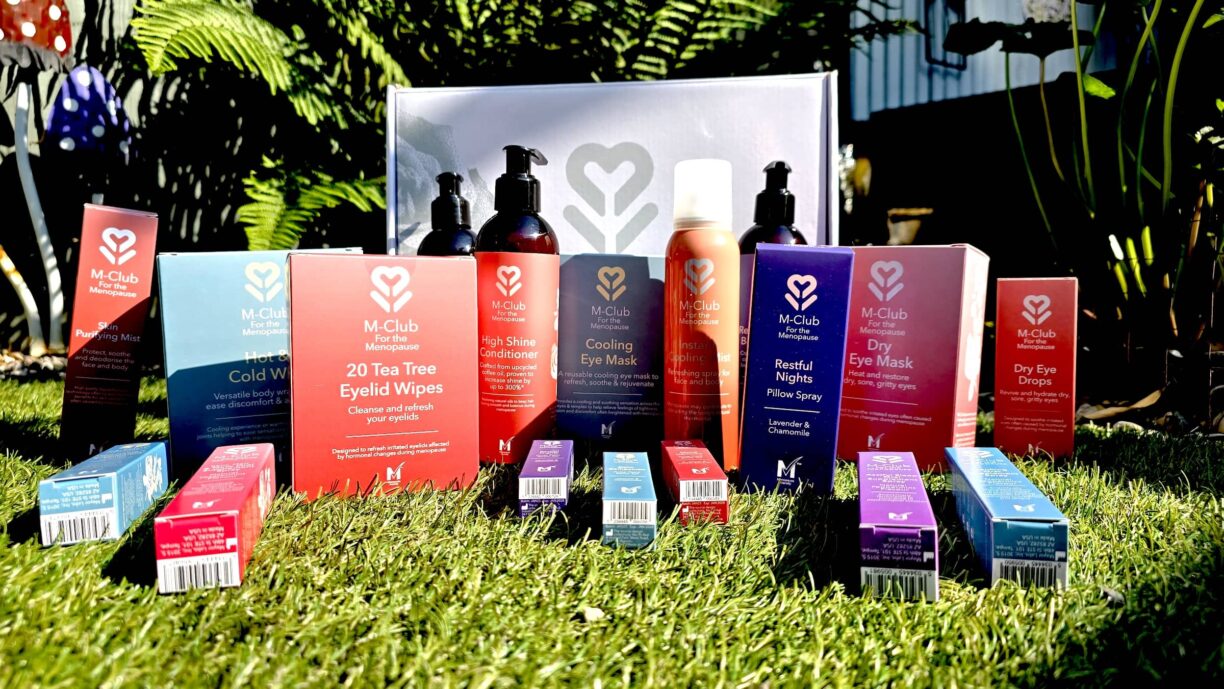We Brits are undeniably obsessed with a good brew, and it’s high time we celebrated the health benefits of tea.
According to figures, many of us are now drinking an extra two cups a day on top of the four to six we usually enjoy—proof that we simply can’t resist the comfort of a steaming mug.
It comes as no surprise, then, that research from the Tea Advisory Panel (TAP) indicates 80% of people believe tea helps them cope with everyday worries and stresses.
That sense of calm, experts say, isn’t just in our heads: a major review has shown the amino acid L-theanine (naturally found in tea) can enhance our ability to handle tension and anxiety.
Earlier studies even found that L-theanine sparks activity in the brain’s relaxation and focus centres, helping us tune out distractions and stay level-headed.
“We often turn to tea when in need of a boost or to help us handle stress,” says dietitian Dr. Carrie Ruxton. “Whether it’s a comforting mug with loved ones, or a peaceful ritual of brewing leaves in your favorite teapot, tea always seems to do the trick. We now know from several studies that drinking tea every day can really support our mental well-being.”
In one study, participants drank either black tea or a placebo every day for six weeks. Afterwards, they completed a set of stressful mental tasks, and the tea drinkers not only showed lower levels of stress hormones but also said they felt more relaxed overall.
Dr. Tim Bond, another TAP member, points out that tea is also a great way to stay hydrated, which can be especially important while we’re spending more time at home.

“Tea may contribute to immune function as well, partly because of its beneficial effect on gut bacteria,” he explains. “Having four to six cups a day is good for both our physical and mental health.”
Still not convinced? In honour of International Tea Day on May 21, here’s a closer look at some fascinating ways this classic cuppa can help keep you in good nick—covering everything from brain function and mood to heart health and beyond.
1. May reduce or delay dementia risk
One study of 957 elderly Chinese participants found that regularly drinking black or oolong tea lowered the risk of cognitive disorders by 53%, while green tea dropped that risk by 43%.
Those genetically more prone to Alzheimer’s may reduce their vulnerability by as much as 86%. Researchers believe that’s thanks to “catechins,” powerful plant compounds found in tea.
Lab studies suggest catechins might even protect against the mental decline linked to high-fat, high-sugar diets.
2. Enhances cognition and memory
A review of nearly 50 human studies shows that two key components of tea—L-theanine and caffeine—work together to boost alertness, memory, and attention more effectively than either ingredient alone. That might explain why that morning or afternoon cuppa keeps your brain firing on all cylinders.
3. May help ease depression and anxiety
A 2018 study reported that long-term tea consumption among older adults was linked to fewer signs of depression and anxiety.
Meanwhile, compounds called theaflavins (found in black tea) have been shown to reduce depression and even prevent memory impairment.
They can also ease anxiety by increasing dopamine turnover in the brain—a key chemical for regulating mood.
4. Supports heart health

A 2012 review discovered that regularly sipping tea could cut the risk of heart and circulation issues by up to 20%. Some studies suggest this protective effect might be as high as 45%.
In one 2019 study involving 208 participants, tea drinking was associated with a decreased likelihood of arterial disease, whereas soft drinks appeared to raise that risk.
5. Helps prevent type 2 diabetes
Research also highlights the potential benefits of being a frequent tea drinker in reducing type 2 diabetes risk—especially when it comes to green tea.
A recent study of more than 12,000 people revealed that daily tea drinking lowered the risk of diabetes by 32% among women. Those who opted for darker varieties of tea showed a drop of up to 45%.
6. Assists with weight management
Experts think the catechins in tea may contribute to weight control by boosting the activity of brown adipose tissue, which helps the body burn off calories.
Tea also helps maintain a healthy gut microbiome—a major factor in how our bodies process food. One California study found both black and green tea changed the ratio of intestinal bacteria so that the kinds linked with obesity decreased while those associated with a leaner physique increased.
7. Tackles high blood pressure
Black tea, according to a 2012 study, can contribute to a 10% reduction in blood pressure. Meanwhile, other research found green tea drinkers lowered their risk of hypertension by 46%.
Scientists believe tea’s natural compounds may help relax blood vessels and reduce inflammation—both crucial for healthy blood pressure.
8. Promotes oral health
Studies show tea can fight bad breath and lessen gum inflammation by curbing the growth of harmful bacteria. One piece of research even indicated a 40% drop in the risk of dental decay among tea drinkers.
9. Boosts eye health
Some research suggests a link between daily tea drinking and a reduced risk of glaucoma, cataracts, and age-related macular degeneration—three of the most common causes of vision trouble worldwide. Once again, those trusty catechins might play a protective role.
10. Keeps bones strong
There’s also evidence that tea drinkers have stronger bones, particularly in the spine, hips, and neck. One study reported that regular tea consumption may help lower the risk of osteoporosis—a serious concern for many as they age.
With so many reasons to pop the kettle on, it’s clear why the health benefits of tea make it one of Britain’s all-time favourite beverages.
Whether you’re after a moment of solace or a natural way to stay sharp and energized, those extra cups a day might just be doing you more good than you ever realised.
So go ahead: brew up, sit back, and enjoy the feel-good factor in every sip.





